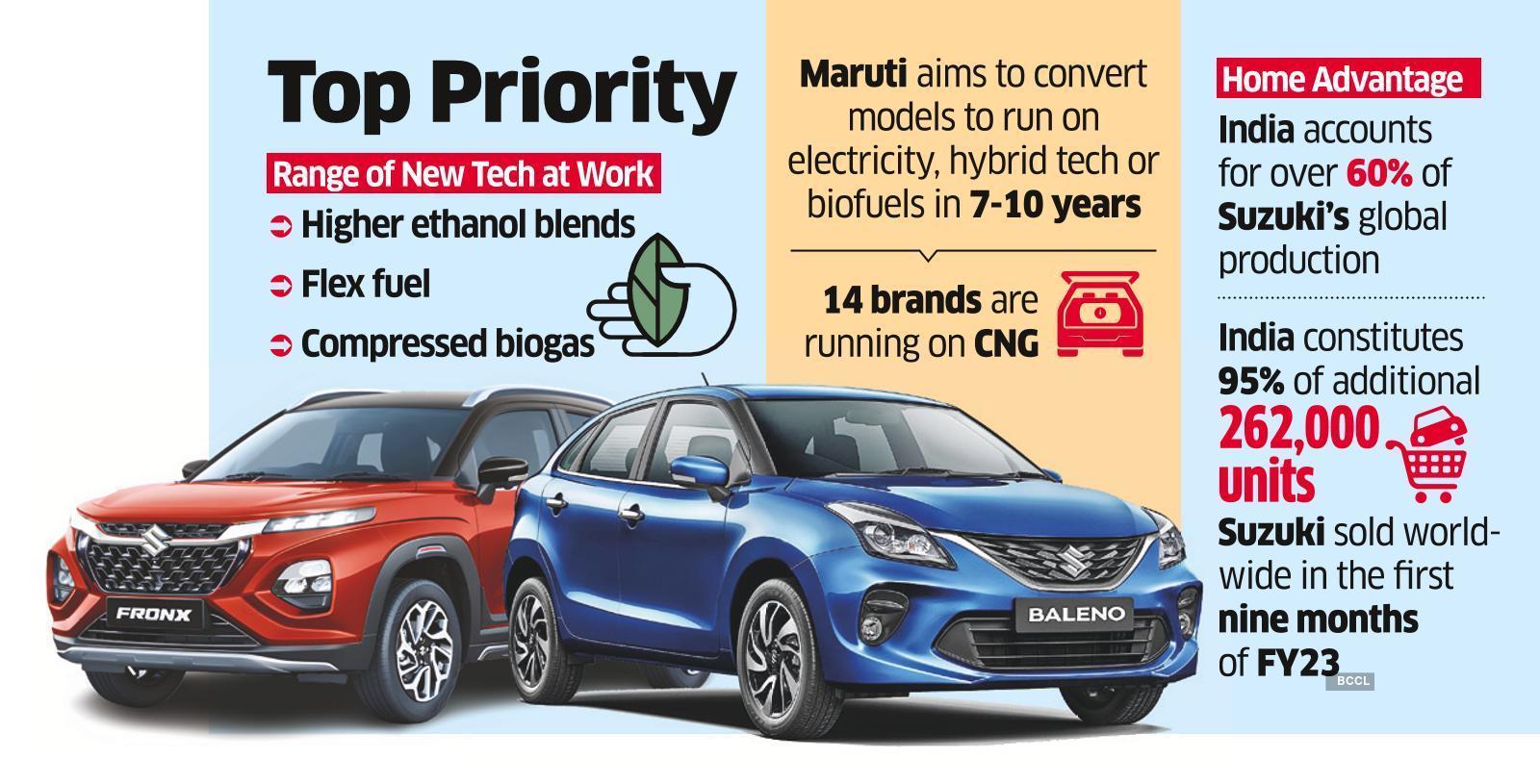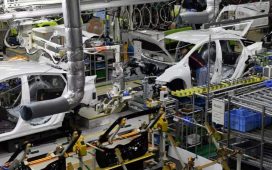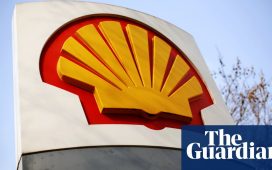“Unlike Europe, there is a lot of potential for internal combustion engine vehicles in India,” said CV Raman, chief technology officer of Maruti Suzuki India. “If EV is going to be 15-20% of the market by 2030, the larger market will continue to be ICE. That development will be increasingly entrusted to MSIL R&D. We are building on our development capabilities and capacity,” he told ET.
Industry estimates that six million passenger vehicles will be sold in the Indian market every year by the end of the decade. Of this, about one million vehicles will be electric, necessitating clean-tech interventions for several million new vehicles slated to be added over the next eight years.

Maruti Suzuki is accordingly working on a range of new technologies – from higher ethanol blends in gasoline vehicles to flex fuel and compressed biogas – to bring down fuel consumption and carbon emissions. The carmaker aims to convert all models in its portfolio to run on electricity, hybrid technology or biofuels in the next 7-10 years. “We are looking at various technologies; improving emission from ICE vehicles is a big part of our strategy,” Raman said. “We have changed engines from KB to KC series. All our vehicles are E20 compliant from April 1, 2023. This will help reduce consumption of fossil fuels.”
Maruti Suzuki has already showcased the flex fuel Wagon R, which will go into production in 2025. It has 14 brands running on CNG. After the government rationalised prices of natural gas earlier this year, the company has seen an uptick in demand for CNG-driven vehicles. In fact, with the price differential between gasoline and CNG widening, nearly a fourth of the company’s sales have started coming in from the fuel.










